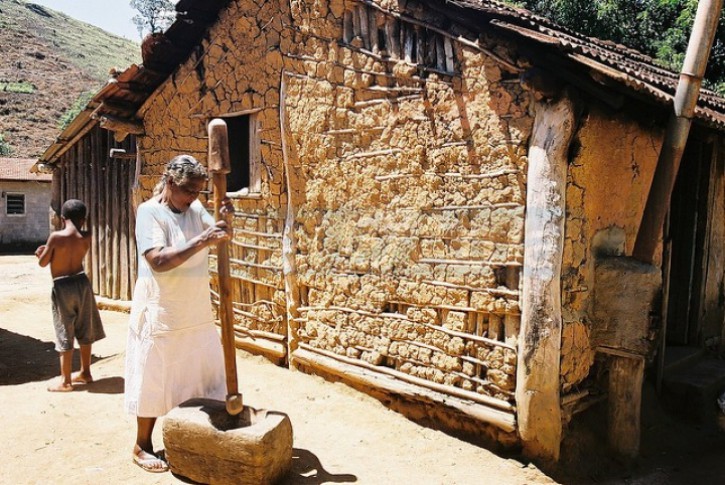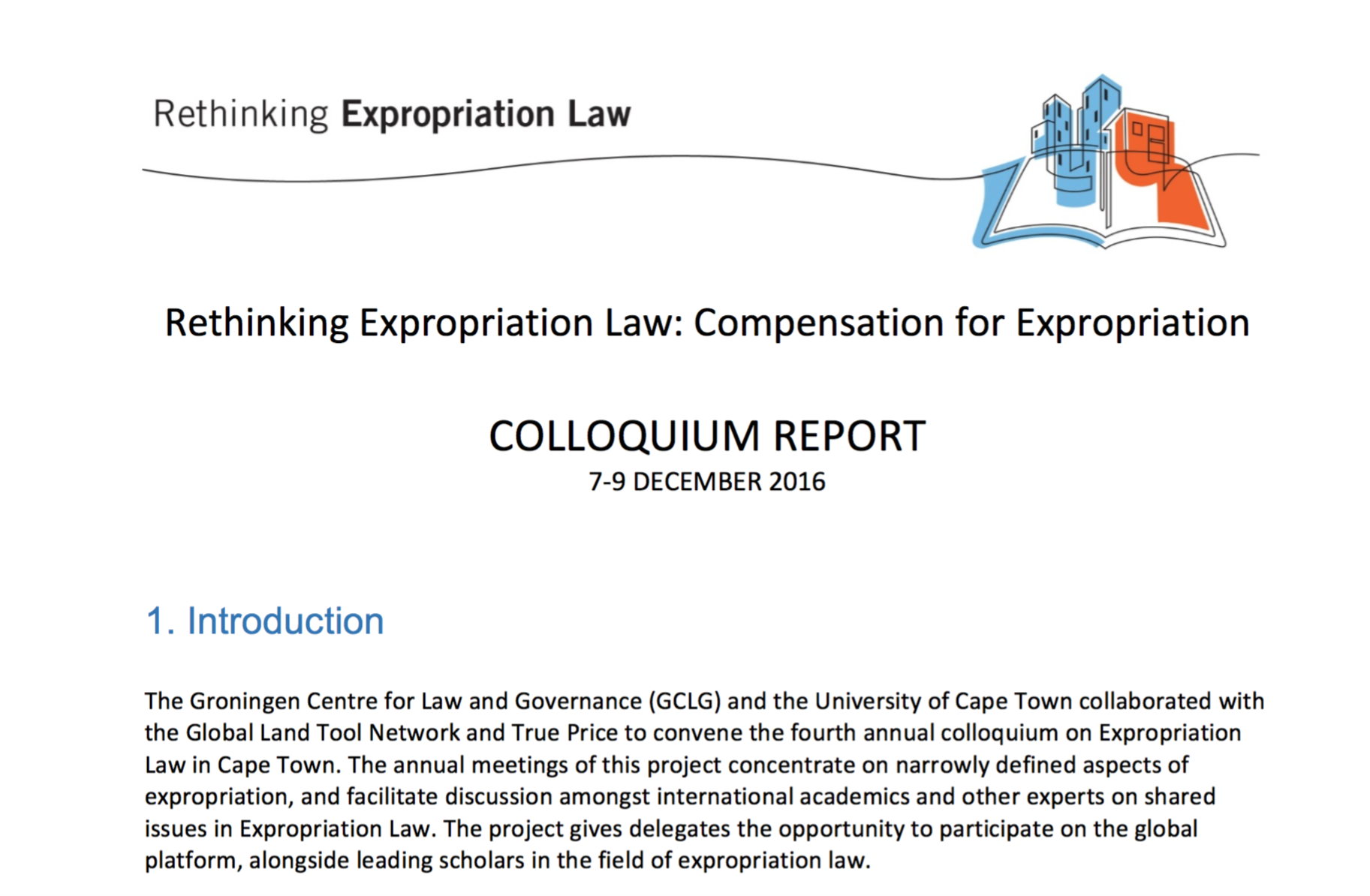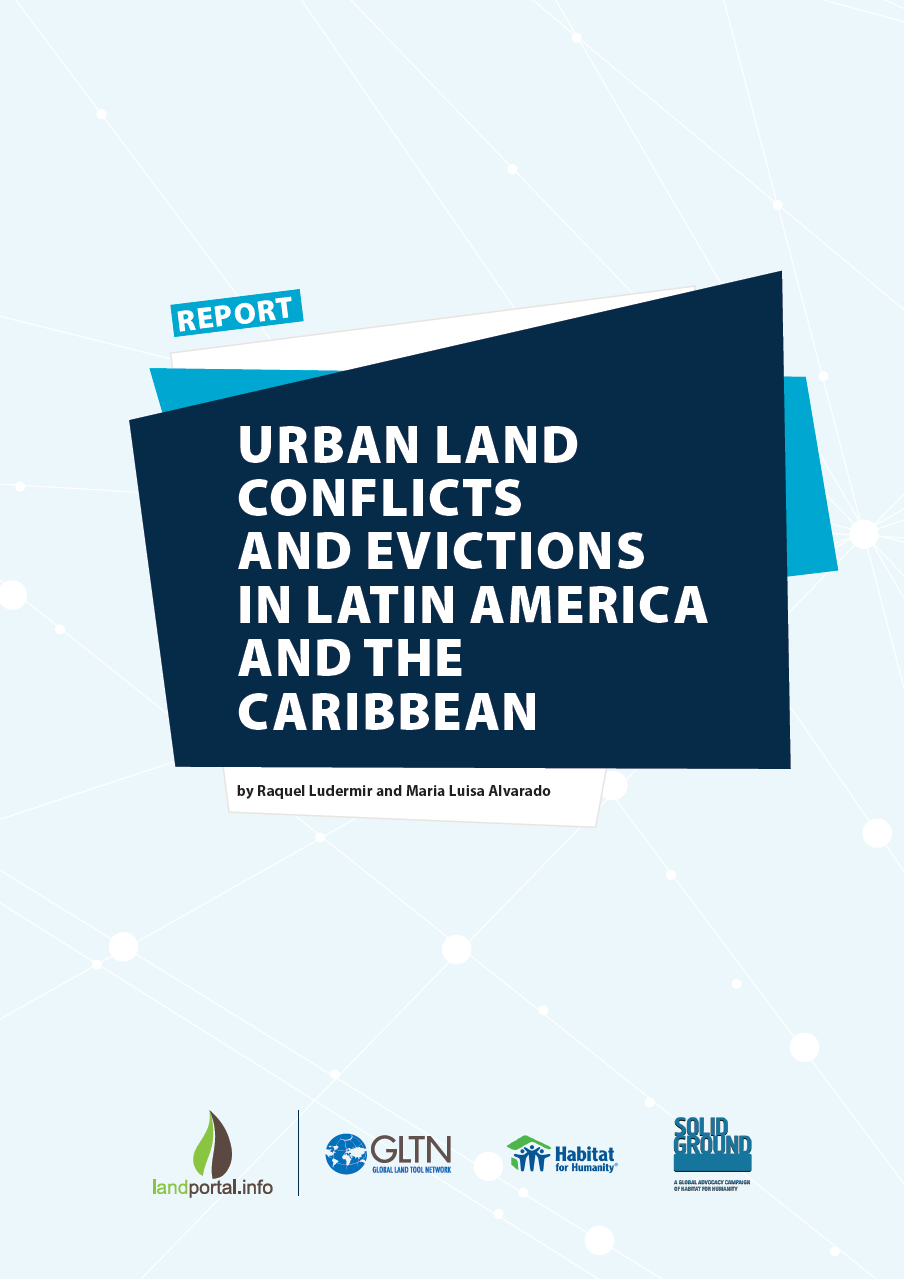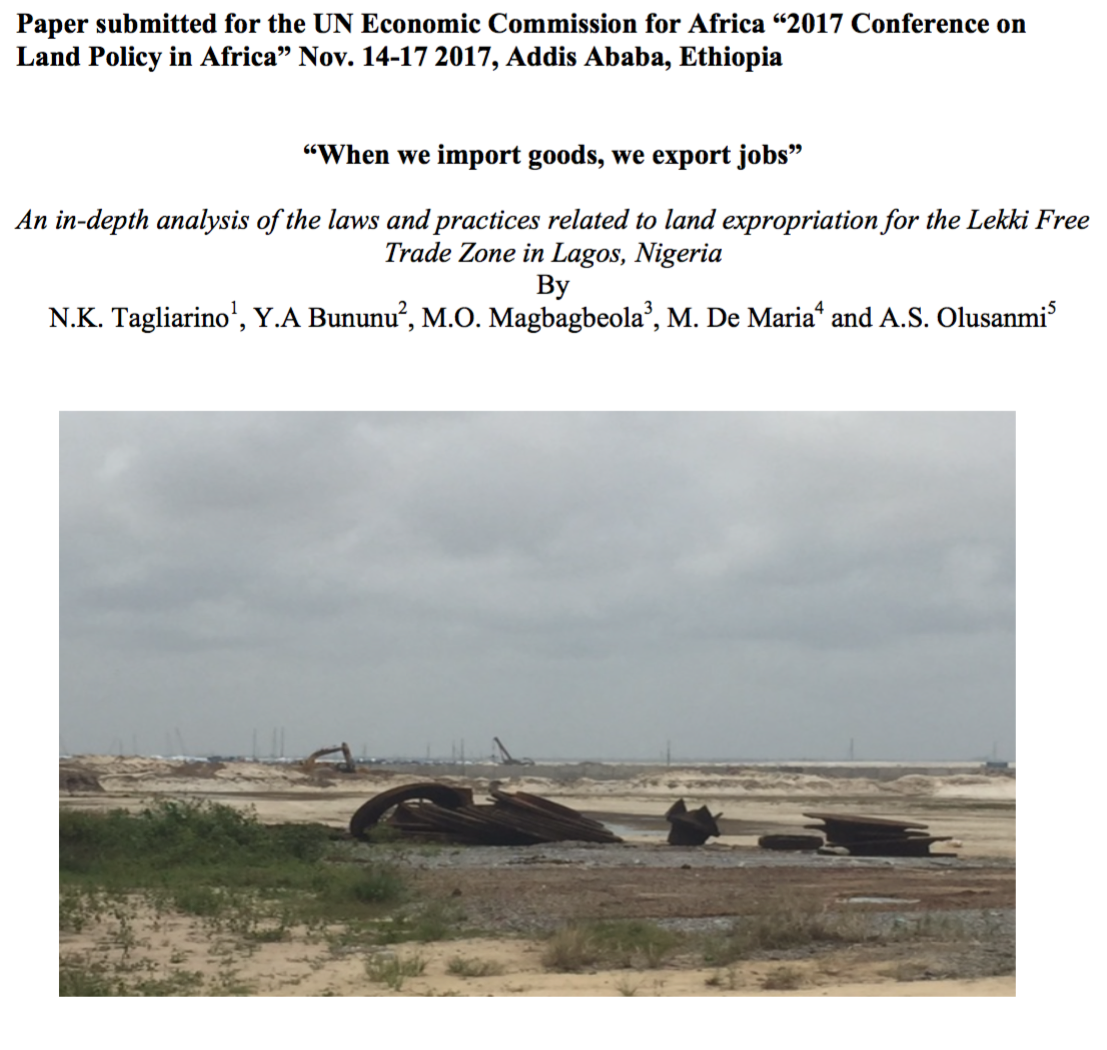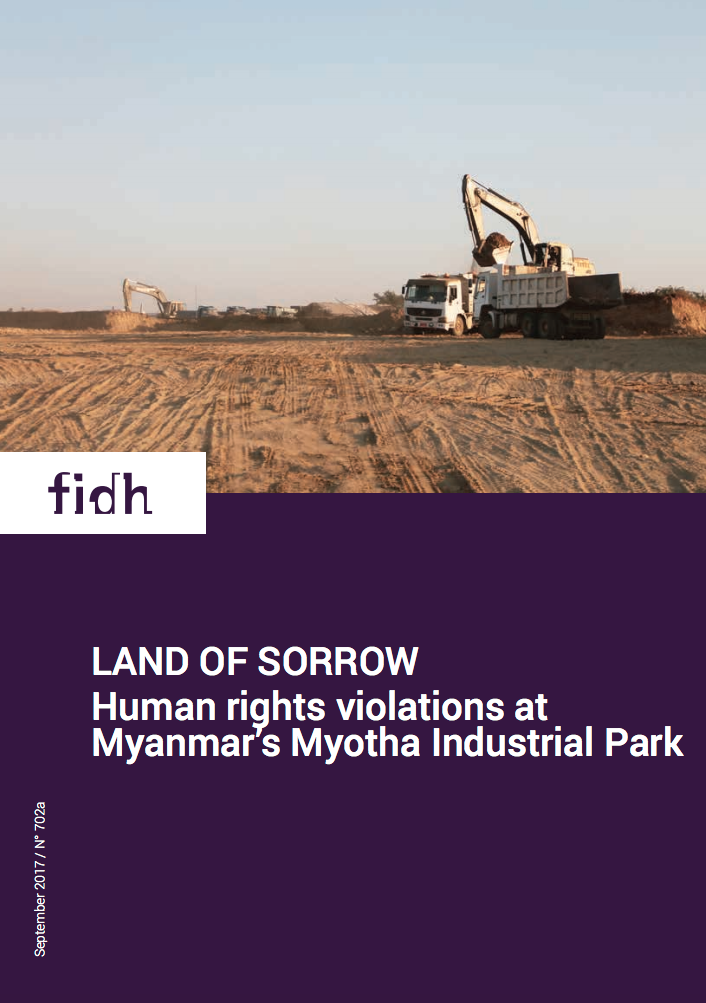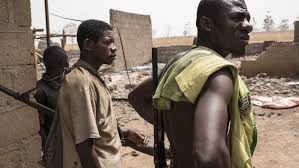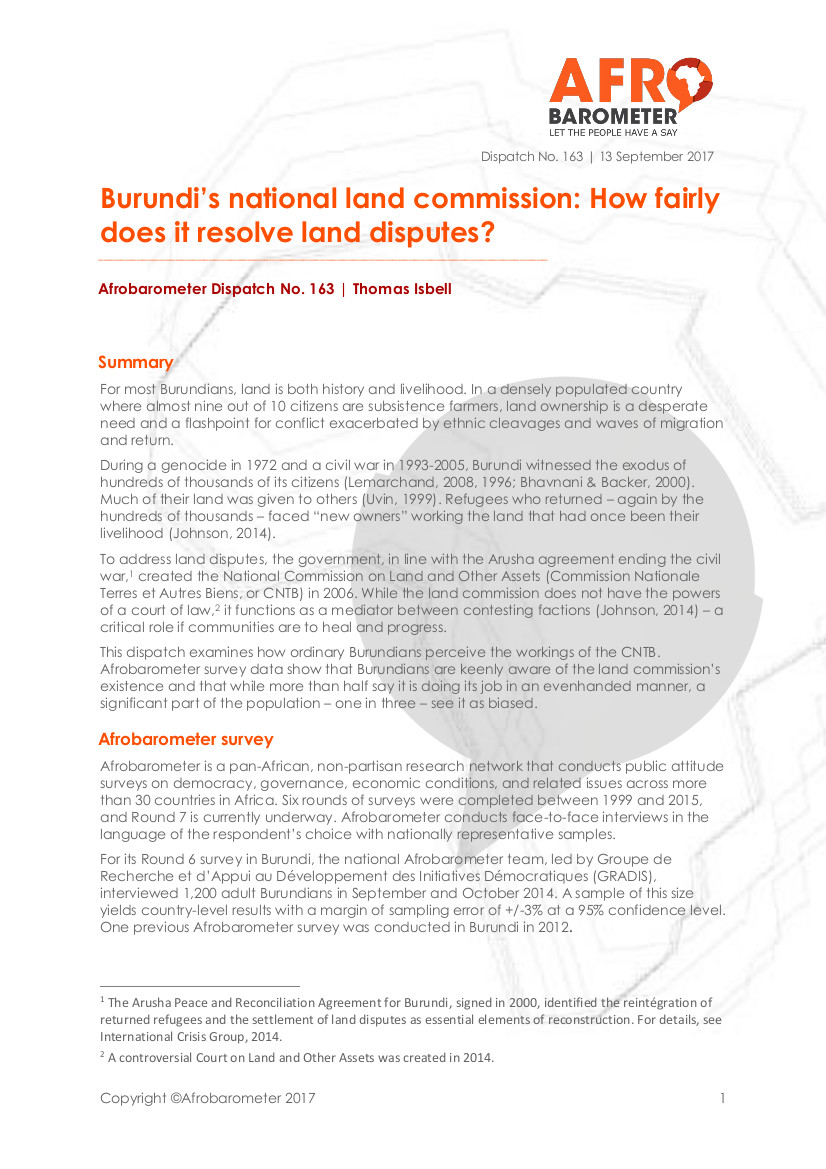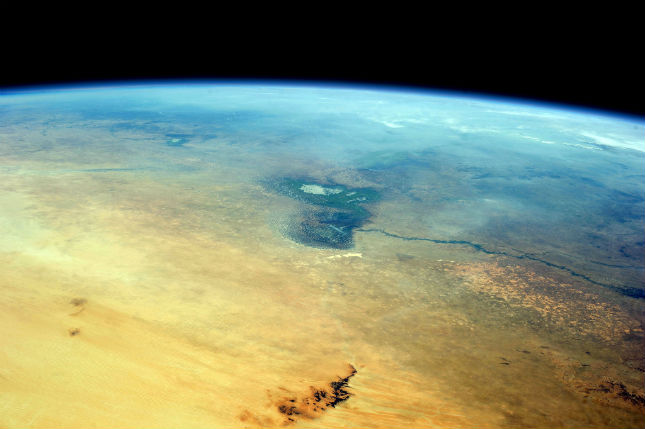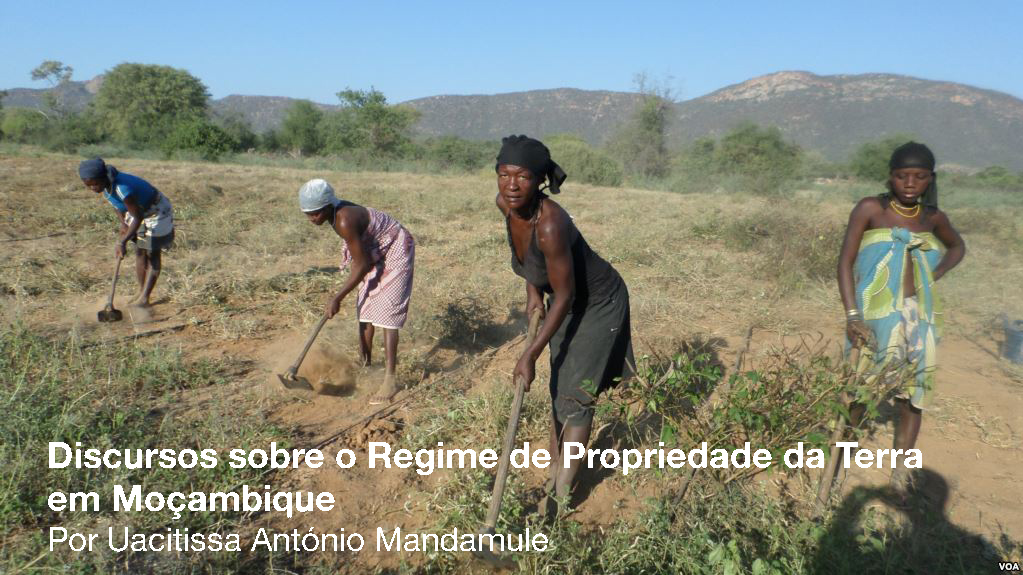Resolución Nº 389-2017 ─ Guía de elaboración y explicación para la incorporación de la Gestión Integral de Riesgo de Desastre en los Planes y Esquemas de Ordenamiento Territorial de Panamá.
La presente Resolución aprueba la Guía de elaboración y explicación para la Incorporación de la Gestión Integral de Riesgo de Desastre en los Planes y Esquemas de Ordenamiento Territorial de Panamá, que es de obligatorio cumplimiento, y que amplía los conceptos técnicos de la Resolución Nº 732-2015, que establece los requisitos y procedimientos para la elaboración y tramitación de los Planes y Esquemas de Ordenamiento Territorial en la República de Panamá para el desarrollo urbano y rural, a nivel local y parcial, adicionando criterios para la gestión integral de riesgo de desastres y adapt
Mineração artesanal em Moçambique – Cenário Far West e Propostas de Mudança
A mineração artesanal, vulgarmente conhecida como garimpo, constituiu uma actividade de extracção de minérios, realizada com tecnologia rudimentar e sem equipamentos de sondagem, requerendo, por isso, o investimento de pouco capital. A mineração artesanal é, normalmente, realizada na informalidade, na maioria dos casos sem licença de exploração, num processo por vezes itinerante e realizado por grupos independentes.
Rethinking Expropriation Law: Compensation for Expropriation
The Groningen Centre for Law and Governance (GCLG) and the University of Cape Town collaborated with the Global Land Tool Network and True Price to convene the fourth annual colloquium on Expropriation Law in Cape Town. The annual meetings of this project concentrate on narrowly defined aspects of expropriation, and facilitate discussion amongst international academics and other experts on shared issues in Expropriation Law. The project gives delegates the opportunity to participate on the global platform, alongside leading scholars in the field of expropriation law.
Urban Land Conflicts and Evictions in Latin America and the Caribbean
The Latin American and Caribbean Urban CSO Cluster, part of the Global Land Tools Network (GTLN), together with Habitat for Humanity’s Solid Ground Campaign and the Land Portal Foundation, launched an online debate on Urban Land Conflicts in Latin America and the Caribbean in January 2017. Responding to the common interest to make information easy to access and flow to boost collaboration among stakeholders as a critical basis to improve land governance.
When we import goods, we export jobs
This article was submitted for the UN Economic Commission for Africa “2017 Conference on Land Policy in Africa” Nov. 14-17 2017, Addis Ababa, Ethiopia.
This article sheds light on a series of events that triggered escalating tensions over land and resources in the coastal communities of Lagos, Nigeria. This article provides an in-depth analysis of Nigeria’s laws on expropriation and the processes of acquiring land and compensating landholders in the Lekki Free Trade Zone (LFTZ) case. Specifically, the analysis addresses the following research questions:
Land of Sorrow: Human rights violations at Myanmar’s Myotha Industrial Park
(Paris, Yangon) Myanmar may soon face a land conflict epidemic as a result of the growing influx of investments and the consequent demand for land, unless laws and policies that adequately address land rights issues are urgently adopted and implemented, FIDH warned in a new report published today.
Herders against Farmers: Nigeria’s Expanding Deadly Conflict
Violent conflicts between nomadic herders from northern Nigeria and sedentary agrarian communities in the central and southern zones have escalated in recent years and are spreading southward, threatening the country’s security and stability. With an estimated death toll of approximately 2,500 people in 2016, these clashes are becoming as potentially dangerous as the Boko Haram insurgency in the north east. Yet to date, response to the crisis at both the federal and state levels has been poor.
Burundi’s national land commission: How fairly does it resolve land disputes?
For most Burundians, land is both history and livelihood. In a densely populated country where almost nine out of 10 citizens are subsistence farmers, land ownership is a desperate need and a flashpoint for conflict exacerbated by ethnic cleavages and waves of migration and return.
The Unfolding Humanitarian Crisis Around Lake Chad: UN Report Falls Short of Naming Environmental Dimensions
It is encouraging to see that the United Nations Security Council is beginning to acknowledge the transboundary dimensions of fragility and conflict, as demonstrated by its newly launched Report of the Secretary-General on the situation in the Lake Chad Basin region.
Discursos sobre o Regime de Propriedade da Terra em Moçambique
Dealing with displacement in Myanmar’s peace process (Working Paper).
Executive Summary:
"Myanmar has been engaged in a process of political change since 2011. A central goal of these reforms
has been the attempt to resolve political conflicts between ethnic armed organisations (EAOs) and the
Myanmar Government. Talks began under the ‘civilian
government’ led by Thein Sein and have continued
under the National League of Democracy (NLD)
-
led Government. However, several years of talks have
produced little concrete progress.
This is a complex peace process, which has only the partial inclusion

